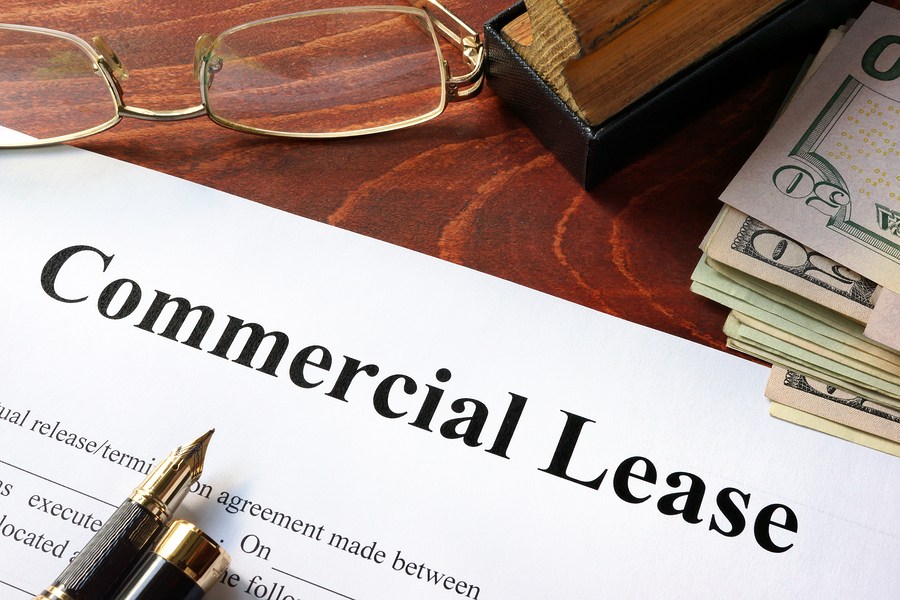A Look at Divestopedia’s Article, “The Myth of Fair Business Valuation”
In Divestopedia’s article, “The Myth of Fair Business Valuation: What Professional Valuations Don’t Tell You,” author Chak Reddy is quick to point out that the “type of buyer and method of sale are two important (yet often overlooked) value determinants when finding a starting price for your business.”
Reddy brings up some excellent points. One notion in particular that every business owner should be aware of is that there is “NO fair value for illiquid assets.” He points to the fact that between January 2007 and March 2008, the historic Bear Stearns went from a value of $20 billion dollars to just $238 million. In a mere 14 months, Bear Stearns lost most of its value.
Additionally, the article points to the fact that business owners often suffer enormously from “dramatic valuation compression.” In Reddy’s view, this compression is the direct result of poor planning and a failure on the part of business owners to select the right advisory teams.
Reddy believes that professional valuations can be quite lacking. He feels that they are “contingent on multiple assumptions,” and that the valuations are only as good as the assumptions upon which they are based. In other words, professional valuations can be limited and flawed. In particular, he points to the fact that two of the most important factors in valuations, future growth rate and operational synergies are “highly subjective and no two views on these topics are likely to be identical.” Summed up another way, valuations are inherently a matter of opinion and perspective. Reddy feels that a seller will be “lucky” if the real sales price comes within 10% to 20% of the professional valuation.
In the end, as always, it is the market that determines value. It is the acquirer who will determine the value more than any other factor. The perception of the buyer will play a key role in the process and, further to the point, no two buyers will perceive the business exactly the same way. In other words, valuations can be tricky and certainly do involve a personal element of the individual who is appraising the business’ value. Adding to this point, Reddy states, “From our experience, the type of buyer and the type of sale skew the valuation to such an extent that it is unwise for a business owner to not be familiar with these variables and their impact before the beginning of the sales process.”
Ultimately, finding the right buyer is essential and this is where a business broker can prove simply invaluable. And finding that right buyer may take time.




























































